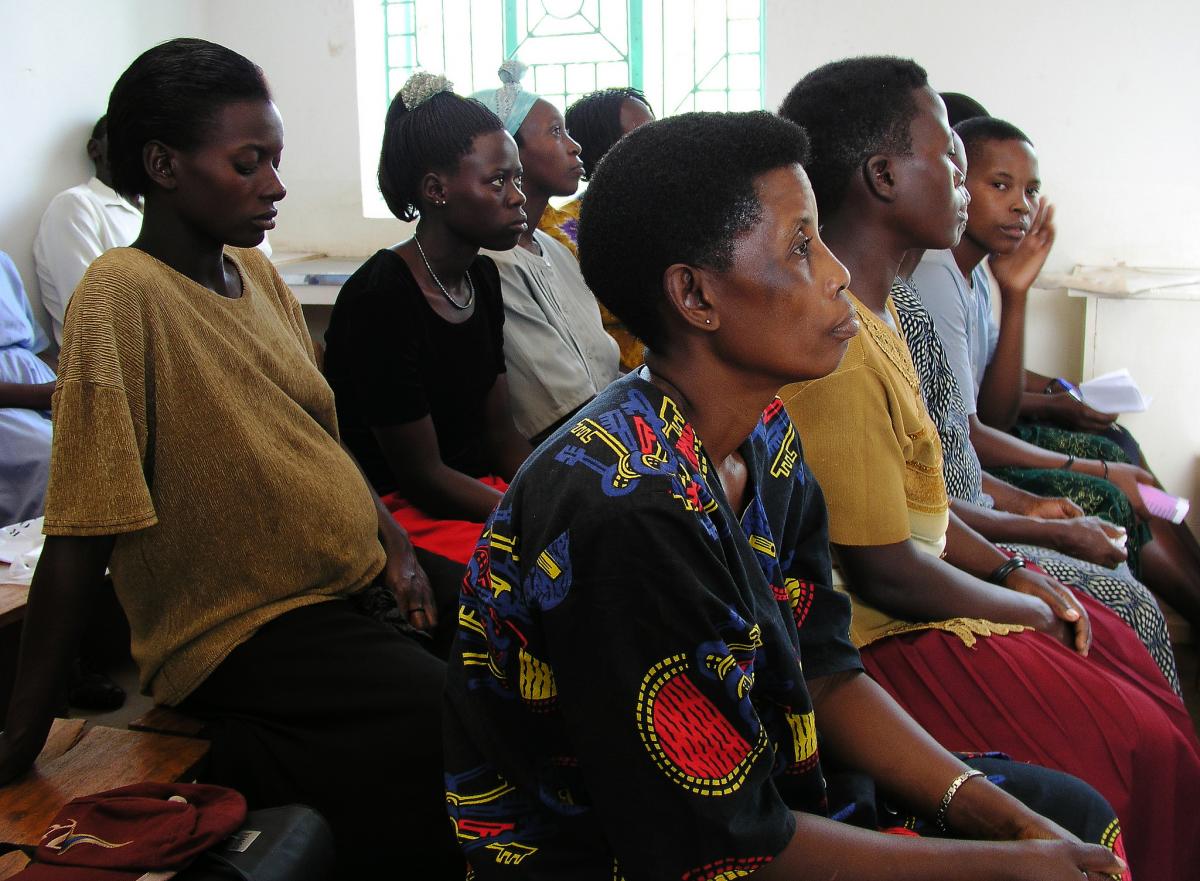
In a startling move, the Government of Uganda deferred the launch of the much-anticipated and vital 2017 National Guidelines and Service Standards for Sexual and Reproductive Health and Rights. The guidelines, previously approved by the Ministry of Health in August and printed, were expected to be launched at the second National Conference on Family Planning on September 27, 2017.
Instead of launching the guidelines at the close of the two-day family planning conference, Dr. Joyce Kaducu, the state minister for primary health care, announced, “As the ministry [of health] and as Government, I want to put the emphasis on abstinence for the young people. And today, ladies and gentlemen, we are expected to launch two important strategic guidelines that are supposed to help us, to give us a road map, to help us in terms of implementation: the National Guideline and Service Standards for Sexual and Reproductive Health and Rights…But I am sorry to tell all of you and to disappoint you that we are not launching these guidelines together with the second document.”
“We are not launching these documents simply because there are two critical issues…most especially the issue to do with appropriate age for family planning commodities. And as Ministry, we are not owning this document and that’s why we are not launching it,” Dr. Kaducu added.
She noted, however: “We shall launch it after we have consulted all the stakeholders. This document, for now, will be taken back for review by the responsible partners and responsible body until it’s ready. Then we can launch it at the right time.”
The delay is due to reactions around the guidelines recommending that adolescents have access to contraceptives. In early 2017, when the already-reviewed guidelines awaited approval, some media outlets ran stories accusing the Ministry of Health of planning to offer contraceptives to “ten year-olds.” They referred to a proposed section of the guidelines calling to: “Increase age appropriate information and family planning services to adolescents (10 – 24).” Due to public outcry, the Ministry of Health reviewed the guidelines again and revised them to clearly state that contraceptives are intended for sexually active women of reproductive age (15 – 49). Still, some people objected, saying that contraceptive services and supplies should be restricted only to women who are 18 years and above.
The delay shocked and disappointed a number of Advance Family Planning (AFP) Uganda’s partners, who contributed to reviewing the guidelines, advocated for their approval, and facilitated pro-active media advocacy around the launch. Dr. Sam Ajoga Ongiera, the district health officer of Zombo—one of the most remote AFP focus districts—shared why the guidelines and standards are important to him, “That particular issue [of teenage pregnancy] is affecting our district so much. The major issue is that girls are having sex, and teenage pregnancy in Zombo is too high. What are we going to do now?”
Thirty percent of married adolescents have an unmet need for family planning, according to the Uganda Demographic and Health Survey (UDHS) 2016. Anecdotal reports suggest that unmet need is even higher among unmarried sexually active adolescents.[1]
Songhon Chepksurui, chairperson of AFP focus district Kapchorwa, said, “The issue of teenage pregnancy is still a big issue. Society has changed. Those days it was a taboo to talk about certain things. But it’s no longer the same. If it has changed, then why don’t we open up?”
Despite the setback of a deferral, AFP local partners Reproductive Health Uganda and Partners in Population and Development Africa Regional Office, along with other Ugandan family planning advocates, will keep working towards the launch of these guidelines—applying the AFP SMART approach anew.
[1] Uganda Demographic and Health Survey 2016, Key Indicators Report.

